Whenever a prison protest movement starts, it should be supported by those on the outside fighting for justice.
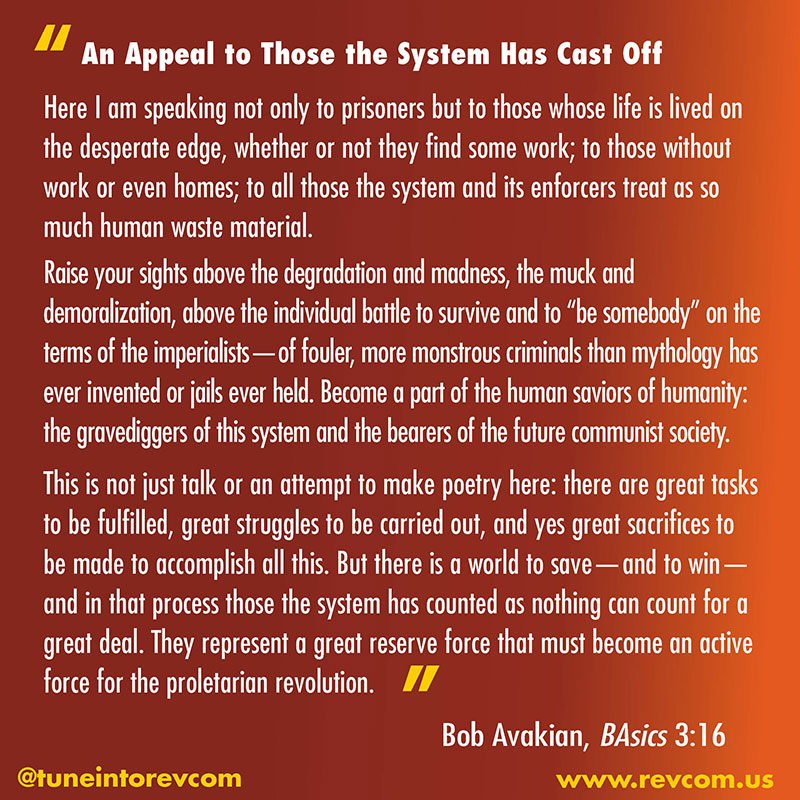
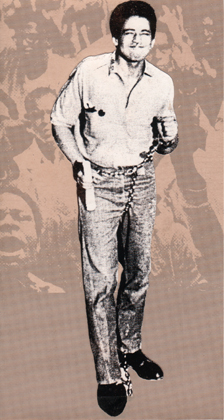
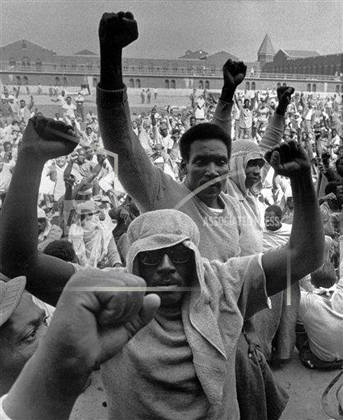
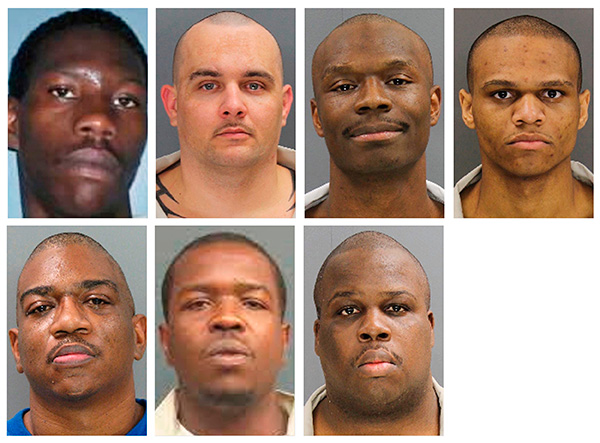
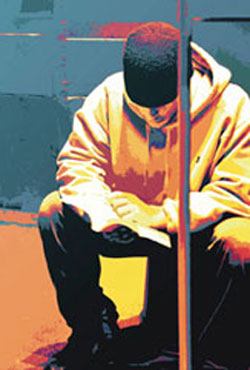 PRLF is an educational literature fund that has sent Revolution newspaper (www.revcom.us), works from Bob Avakian, (Chairman of the RCP) and other revolutionary and scientific literature to hundreds of prisoners across the U.S. for 10 years. PRLF has fought attempts by prison officials to censor these publications. For example, the ACLU of Southern California successfully represented PRLF in a censorship battle focused on Pelican Bay State Prison with statewide ramifications in California.
PRLF is an educational literature fund that has sent Revolution newspaper (www.revcom.us), works from Bob Avakian, (Chairman of the RCP) and other revolutionary and scientific literature to hundreds of prisoners across the U.S. for 10 years. PRLF has fought attempts by prison officials to censor these publications. For example, the ACLU of Southern California successfully represented PRLF in a censorship battle focused on Pelican Bay State Prison with statewide ramifications in California.
Prisoners Strike Called in 17 States: A Courageous Fight That Must be Supported!
| Revolution Newspaper | revcom.us
On August 21—the 47th anniversary of the murder of the revolutionary leader George Jackson by guards at California’s San Quentin prison—prisoners in 17 states began a strike. The strike is set to end September 9—the anniversary of the heroic 1971 rebellion at Attica prison in New York.
The demands of the striking prisoners are first and foremost that there be “Immediate improvements to the conditions of prisons and prison policies that recognize the humanity of imprisoned men and women.” Other demands include ending prison slavery, ending “gang enhancement laws targeting Black and brown humans," and rescinding laws that remove all possibility of “rehabilitation and parole” for prisoners. The complete list of demands are available online here.
The prisoners said that as part of the strike, they will carry out: work strikes (“Prisoners will not report to assigned jobs”); sit-ins (“In certain prisons, men and women will engage in peaceful sit-in protests.”); boycotts (“All spending should be halted.”); hunger strikes (“Men and women shall refuse to eat.”). The British newspaper Guardian wrote that this action, in the country that has by far the biggest prison population in the world, “has the potential to be the largest prison strike in U.S. history.”
Jailhouse Lawyers Speak, a group helping publicize the strike, wrote, “Prisoners understand they are being treated as animals. Prisons in America are a warzone. Every day prisoners are harmed due to conditions of confinement. For some of us it’s as if we are already dead. So what do we have to lose?”
According to an August 24 report on the Marshall Project website, "Organizers say they have confirmed accounts of participation at Northwest Detention Center, an immigration detention center in Washington; Folsom State Prison in California; McCormick Correctional Institution in South Carolina; and Toledo Correctional Institution in Ohio. They have relied mostly on the word of families and volunteers who have been in touch with participating inmates."
Lee “Correctional Institute,” South Carolina
A press release calling for the strike said it was particularly in response to the repressive actions of prison authorities after a deadly outburst of fighting between prisoners tore through South Carolina’s Lee “Correctional” Institute in April of this year. One prisoner there told the Associated Press that bodies of dead and wounded men were “literally stacked on top of each other.” Prison and medical authorities allowed bleeding, beaten, and sometimes mortally wounded prisoners to lie unattended on the floor for hours. The press release calling for the current strike said, “Seven comrades lost their lives during a senseless uprising that could have been avoided had the prison not been so overcrowded from the greed wrought by mass incarceration, and a lack of respect for human life that is embedded in our nation’s penal ideology.”
Prison and government authorities blamed the violence at Lee on “gang warfare.” But Heather Ann Thompson, author of Blood in the Water: The Attica Prison Uprising of 1971 and Its Legacy, wrote in the New York Times, “Yes, it was a gang fight, prisoners tell me, but it was corrections officials who had decided to house rival gangs in the same dormitory, and it was the officials’ increasingly punitive policies that exacerbated tensions on the inside. … Punitive sentencing laws have taken away prisoners’ hope for the future. … Daily degradations grind away at men’s souls.”
A System Steeped in Oppression
Massive numbers of people, especially Black, Brown, and Native American youth, are behind bars in this country. Millions are held in inhumane conditions that amount to systematic, protracted torture. This is the reality and the future that the system of capitalism-imperialism has inflicted upon generation after generation of youth. It is utterly fucking unacceptable, and it must stop!
The prisoners in South Carolina and elsewhere are struggling to overcome the depraved outlook imposed by this system and its enforcers that sets them at each other’s throats. Their courageous fight must be supported. It must inspire people within and outside the “concrete and barbed wire” to build a movement for revolution aimed at overthrowing the system that offers millions of youth nothing but brutality, impoverishment, oppression, and imprisonment, and poisons them with the outlook of a system based on relentless exploitation of the many by the few.
Prison authorities are trying to prevent word and information on what is going on inside from reaching the outside world. Revcom will report more on this strike as information becomes available. Readers with knowledge of the strike at any location should correspond to us at revolution.reports@yahoo.com


George Jackson

Attica Prison Rebellion

The press release calling for the strike said, “Seven comrades lost their lives [at Lee Correctional Institute] during a senseless uprising that could have been avoided had the prison not been so overcrowded from the greed wrought by mass incarceration, and a lack of respect for human life that is embedded in our nation’s penal ideology.”
THE PRISONERS REVOLUTIONARY LITERATURE FUND
 PRLF is an educational literature fund that has sent Revolution newspaper (www.revcom.us), works from Bob Avakian, (Chairman of the RCP) and other revolutionary and scientific literature to hundreds of prisoners across the U.S. for 10 years. PRLF has fought attempts by prison officials to censor these publications. For example, the ACLU of Southern California successfully represented PRLF in a censorship battle focused on Pelican Bay State Prison with statewide ramifications in California.
PRLF is an educational literature fund that has sent Revolution newspaper (www.revcom.us), works from Bob Avakian, (Chairman of the RCP) and other revolutionary and scientific literature to hundreds of prisoners across the U.S. for 10 years. PRLF has fought attempts by prison officials to censor these publications. For example, the ACLU of Southern California successfully represented PRLF in a censorship battle focused on Pelican Bay State Prison with statewide ramifications in California.